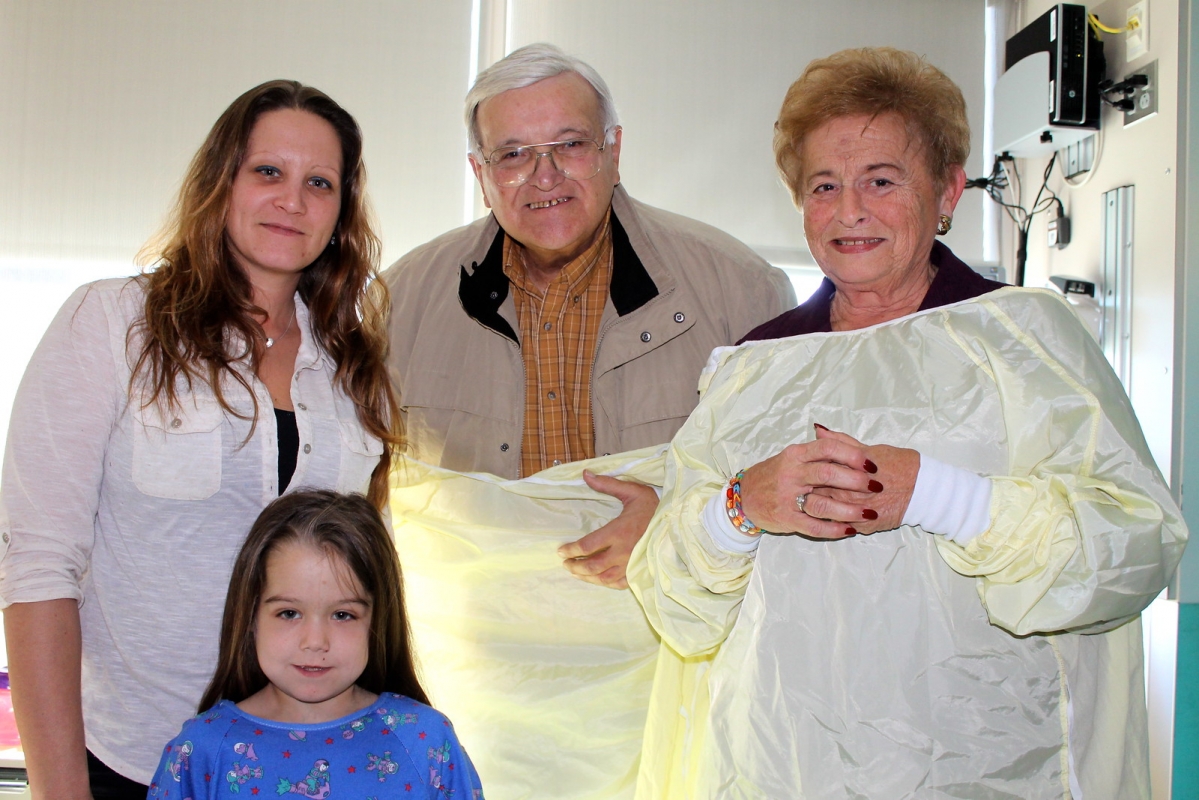Kidney infection affect both, older people and children. In children kidney infection starts inside the urethra or the bladder and moves retrogradely towards the kidneys. It may be difficult for a child to explain where it hurts especially if a patient is an infant. Well experienced pediatricians are able to recognize whether a child is suffering from kidney infection and they perform target tests and examinations which can confirm their assumption. The treatment must start as soon as possible in order to prevent potential complications.

Symptoms of Kidney Infection in Children
Kidney infection in children develops quickly and suddenly. In many cases the symptoms may resemble symptoms of other illnesses and the parents may not notice certain problems on time. Some of the most common symptoms of kidney infection in children include pain in the lower side of the back (unilateral or bilateral), fever and chills accompanied by shivering, abdominal cramps/pain, loss of appetite, nausea, constant vomiting and diarrhea. Some children may develop convulsions and there may be increased frequency of urination or bed wetting. In some cases a child's urine may have foul smell. Kidney infection in children predominantly affects girls. It requires prompt treatment as it may lead to serious complications and septicemia is only one of them.
Causes of Kidney Infection in Children
The major culprits of kidney infection in children are bacteria. There are different bacteria which may cause infection of the bladder and further spread of the infection onto the kidneys. Kidney infection is more common in children with weak immune system, those suffering from vesicoureteral reflux and children with kidney stones.
Diagnosis and Treatment for Kidney Infection in Children
The pediatrician performs thorough physical examination of the child. The urine samples are sent to a laboratory. This way infection can be either confirmed or ruled out. In case of positive result antibiogram is done. Antibiogram provides with information on which antibiotic bacteria responsible for urinary infection are sensitive and this antibiotic is administered. Until the results are obtained the doctor generally starts the treatment with most suitable antibiotic and when results are definitive he/ she may change the antibiotic or continue with the same antibiotic (only if the particular antibiotic is effective against bacteria). Younger infants are hospitalized and administered antibiotics intravenously. Older infants and children can take antibiotics orally. Together with antibiotics a child must take plenty of water to flush the kidneys and bladder. Children who cannot take fluids orally are administered suitable solutions intravenously. After the infection has subsided the doctor recommends follow-up urine cultures which will confirm eradication of bacteria.

















Your thoughts on this
Loading...